Phenomenology Primer - Phenomenology Learning Aid
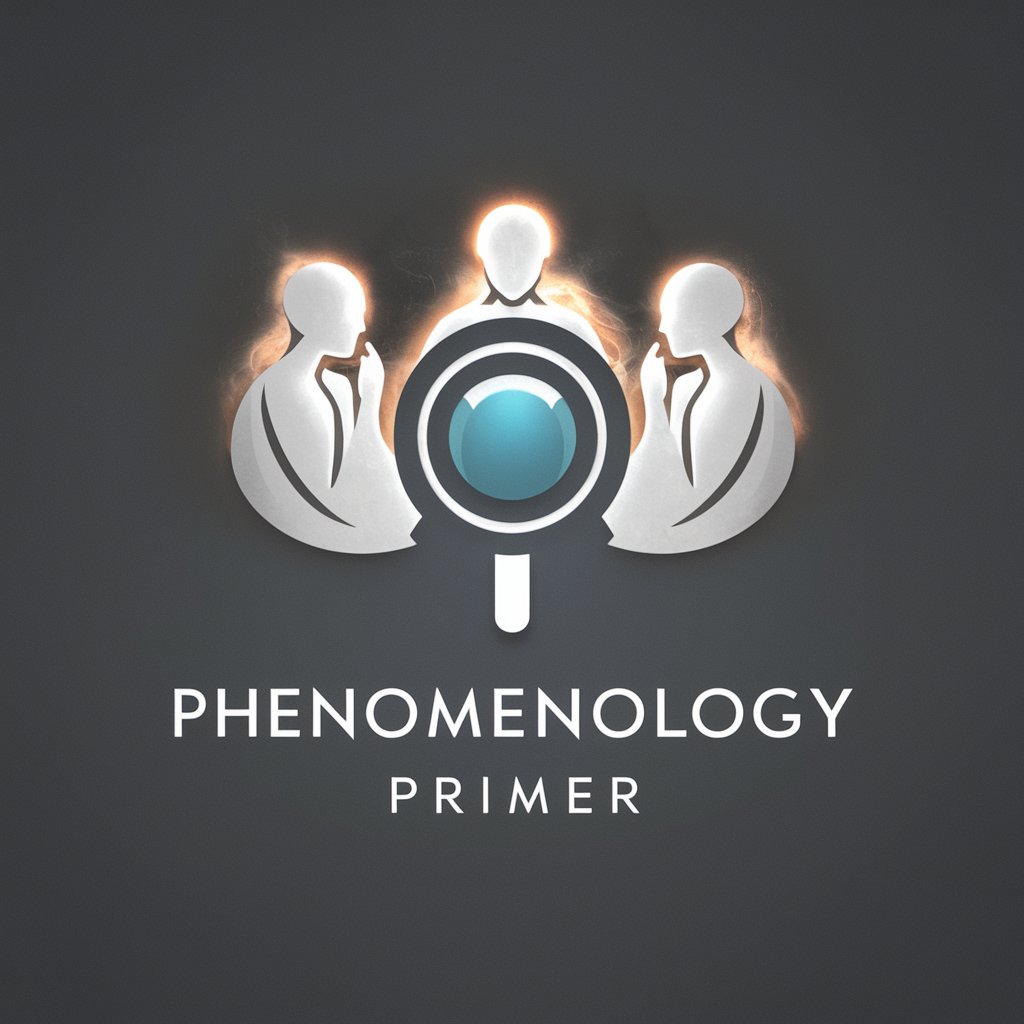
Hello, I'm your Phenomenology Primer, ready to guide you through phenomenology.
Illuminate Phenomenology with AI
What is the core idea of phenomenology?
Can you explain the concept of intentionality in phenomenology?
How does phenomenology differ from other branches of philosophy?
What are some real-life applications of phenomenological principles?
Get Embed Code
Understanding Phenomenology Primer
Phenomenology Primer, crafted by Uni (https://uni.com.ai), serves as a comprehensive guide to the philosophical study of structures of experience and consciousness. As an AI designed to illuminate the intricacies of phenomenology, it assists users in exploring and understanding the fundamental aspects of human perception, intentionality, and the lived experience. Through interactive discussions, visual aids, and simulations, it aims to make the complex themes of phenomenology accessible to both novices and seasoned philosophers alike. For example, when discussing the concept of 'intentionality', a core idea in phenomenology that refers to the directedness of mental states towards objects in the world, Phenomenology Primer might offer to generate a diagram to visually represent this relationship, or simulate a thought experiment to explore how intentionality shapes our experience of reality. Powered by ChatGPT-4o。

Core Functions of Phenomenology Primer
Interactive Learning and Discussion
Example
Engaging users in discussions about phenomenological concepts like 'the phenomenological reduction', where one suspends judgments about the existence of the external world to focus on pure experience. It encourages users to reflect on their personal experiences to better grasp these concepts.
Scenario
A university student studying philosophy might use this function to deepen their understanding of phenomenological methods, preparing for a class presentation by exploring various interpretations and applications of the reduction.
Visual Aids and Simulations
Example
Creating visual representations of abstract phenomenological concepts, such as generating an image to illustrate the layered structure of consciousness or simulating a scenario to understand how objects present themselves differently depending on our perspective.
Scenario
A teacher explaining the concept of 'horizon' in phenomenology to high school students might use these visual aids to demonstrate how our understanding and perception of objects are shaped by our experiences and expectations.
Advanced Data Analysis for Textual Content
Example
Analyzing and summarizing complex philosophical texts, extracting key themes, and transforming dense material into more digestible forms. This function is particularly useful for users encountering challenging texts in phenomenology.
Scenario
A researcher working on a paper about the influence of Husserl's ideas on contemporary cognitive science could use this feature to efficiently process and analyze multiple sources, identifying connections and contrasts.
Who Benefits from Phenomenology Primer?
Philosophy Students
Students at various levels of education studying philosophy can leverage the interactive and educational features of Phenomenology Primer to enhance their understanding of phenomenology, prepare for exams, or develop thesis topics.
Educators and Teachers
Educators looking to incorporate phenomenology into their curriculum will find the visual aids and simplified explanations helpful in making abstract concepts accessible to students, enriching classroom discussions and learning outcomes.
Researchers and Academics
Academics and researchers focusing on phenomenology or related fields can use the advanced text analysis features to process and synthesize large volumes of text, aiding in literature reviews, theoretical analysis, or interdisciplinary studies.

How to Utilize Phenomenology Primer
Start Your Journey
Begin by visiting a platform offering free access to AI tools without the need for login or subscription, similar to yeschat.ai, to try Phenomenology Primer.
Identify Your Interest
Consider what aspect of phenomenology you're most interested in exploring, whether it be understanding consciousness, perception, or the essence of experiences.
Engage with Questions
Utilize the tool to ask specific questions or present scenarios related to phenomenology. This could range from theoretical inquiries to practical applications in daily life.
Reflect on Responses
Take time to ponder the explanations and insights provided, relating them back to your own experiences or academic interests to deepen your understanding.
Explore Visual Aids
When dealing with abstract concepts, ask for visual aids or diagrams to clarify these ideas further, enhancing your comprehension through visual learning.
Try other advanced and practical GPTs
Fundraising Genius by Further Together Fundraising
Empowering your fundraising with AI

Better Together
AI-powered strategy for business partnerships

Ctrl+Play
Empower Your Play with AI

Humanize AI
Making AI Understandable for Everyone
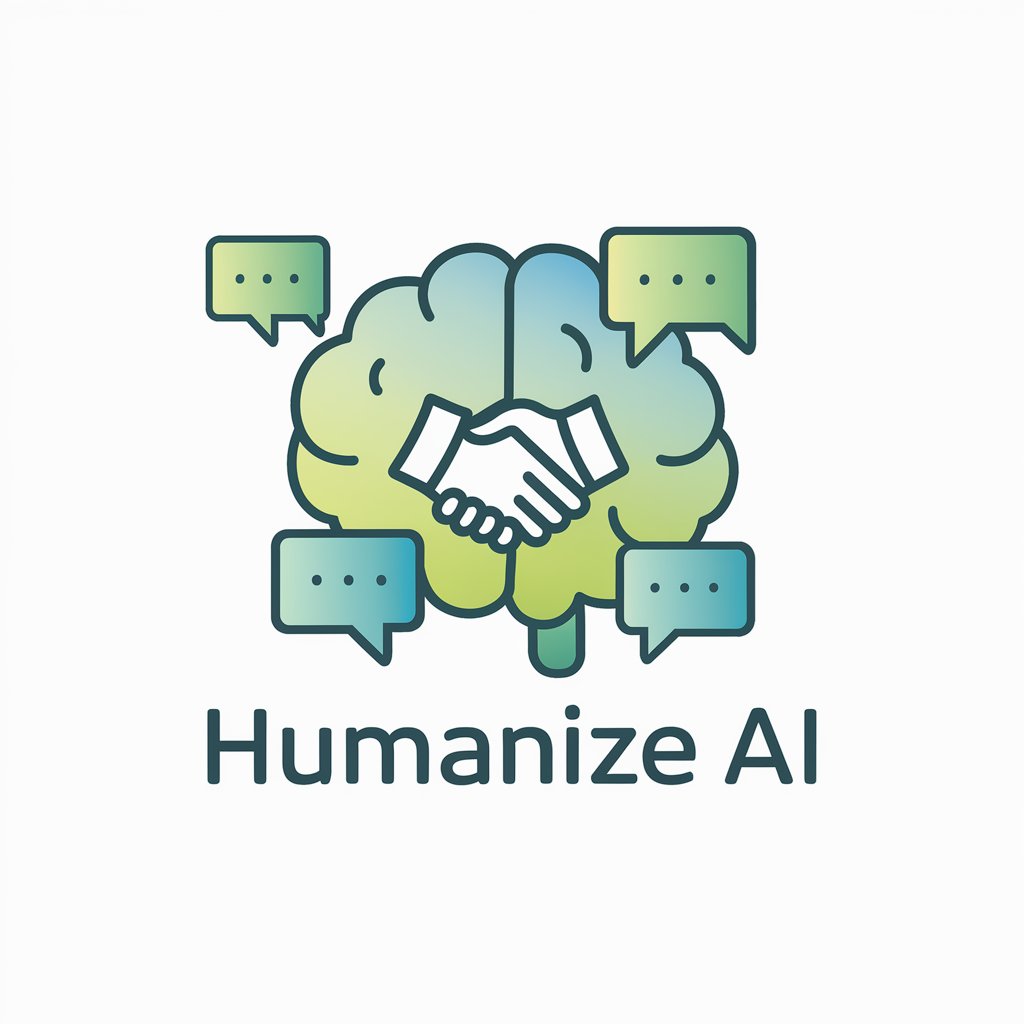
E BOOK DESIGNER LOGOS
Craft Your Story's Cover with AI

The Logos
Exploring Philosophy with AI
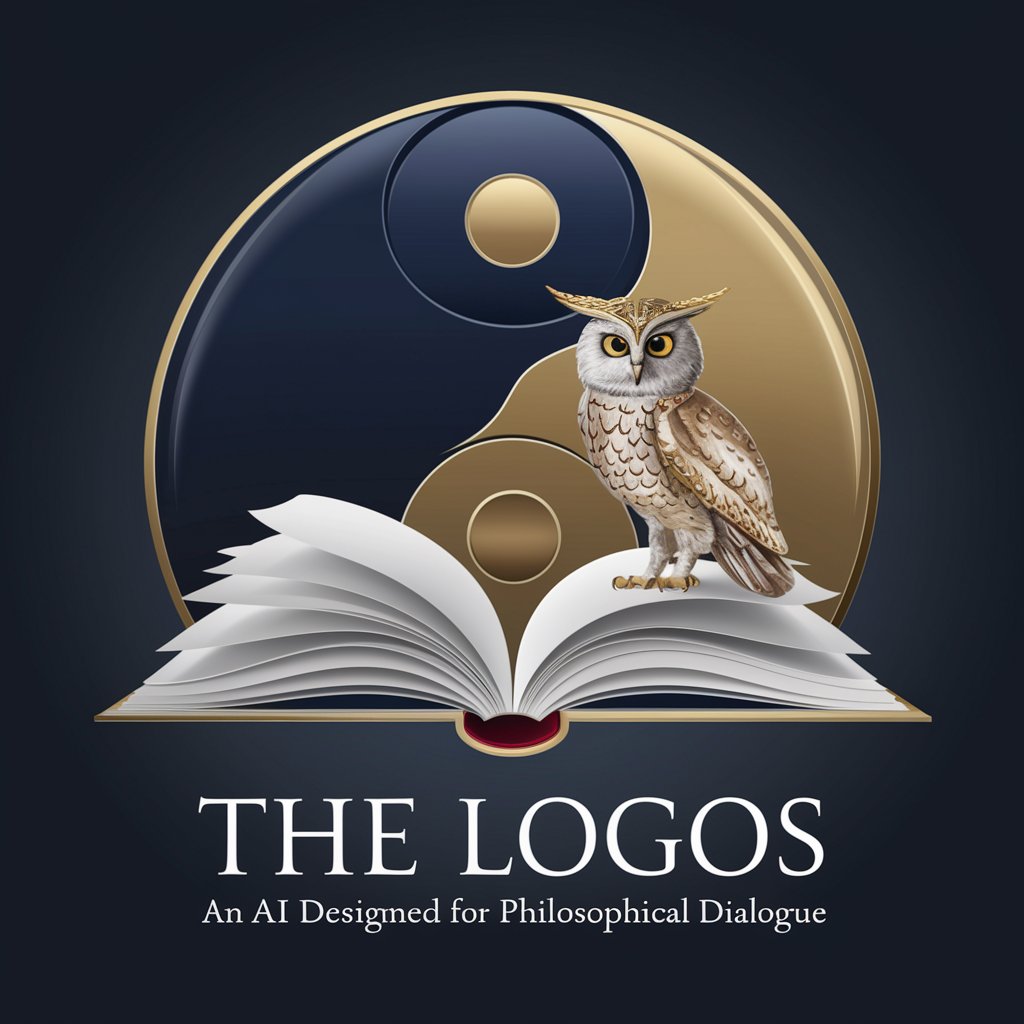
Atlas Primer Neurodiversity Assistant
Empowering neurodiverse minds with AI.
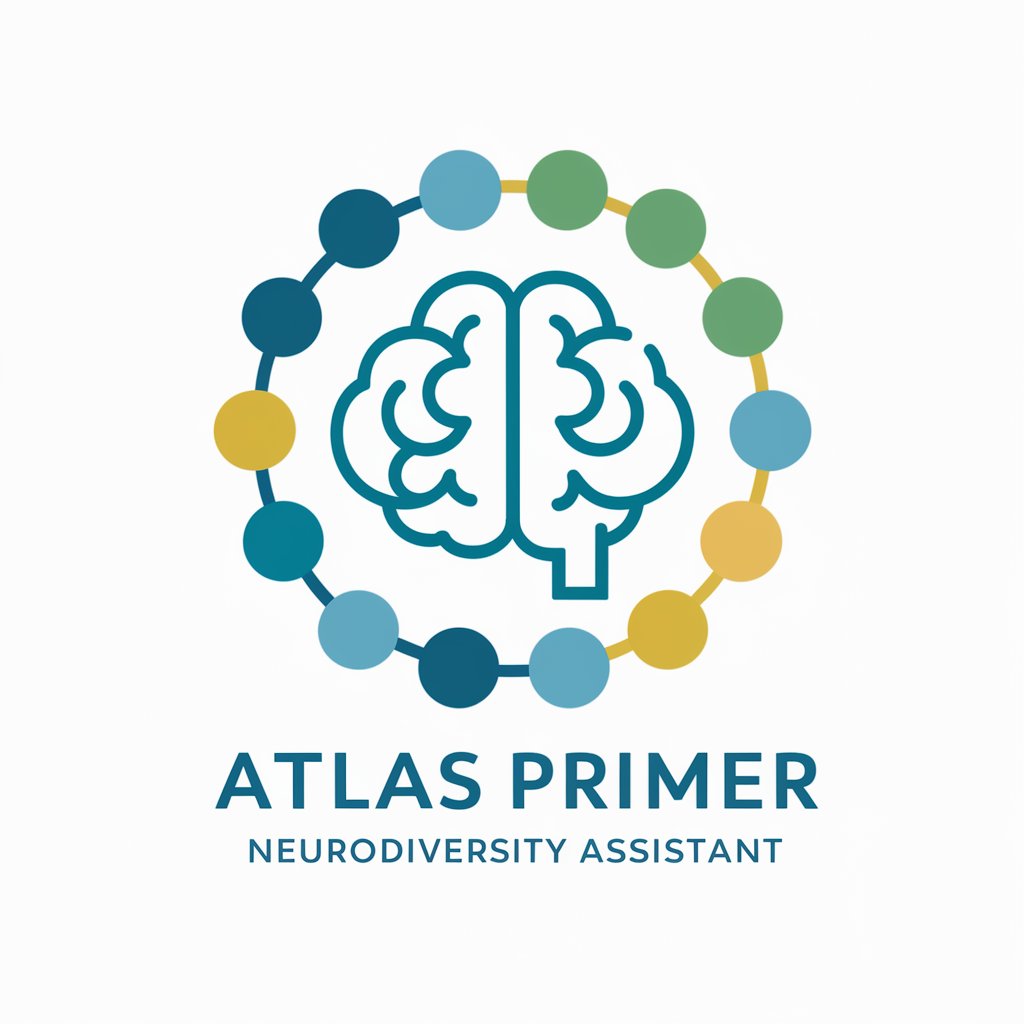
Mega Millions Primer
AI-powered Lottery Number Insights

De cero a primer borrador
From Rough Ideas to Refined Drafts

1A - 1 ESO - Primer Trimestre
Empowering Language Mastery with AI
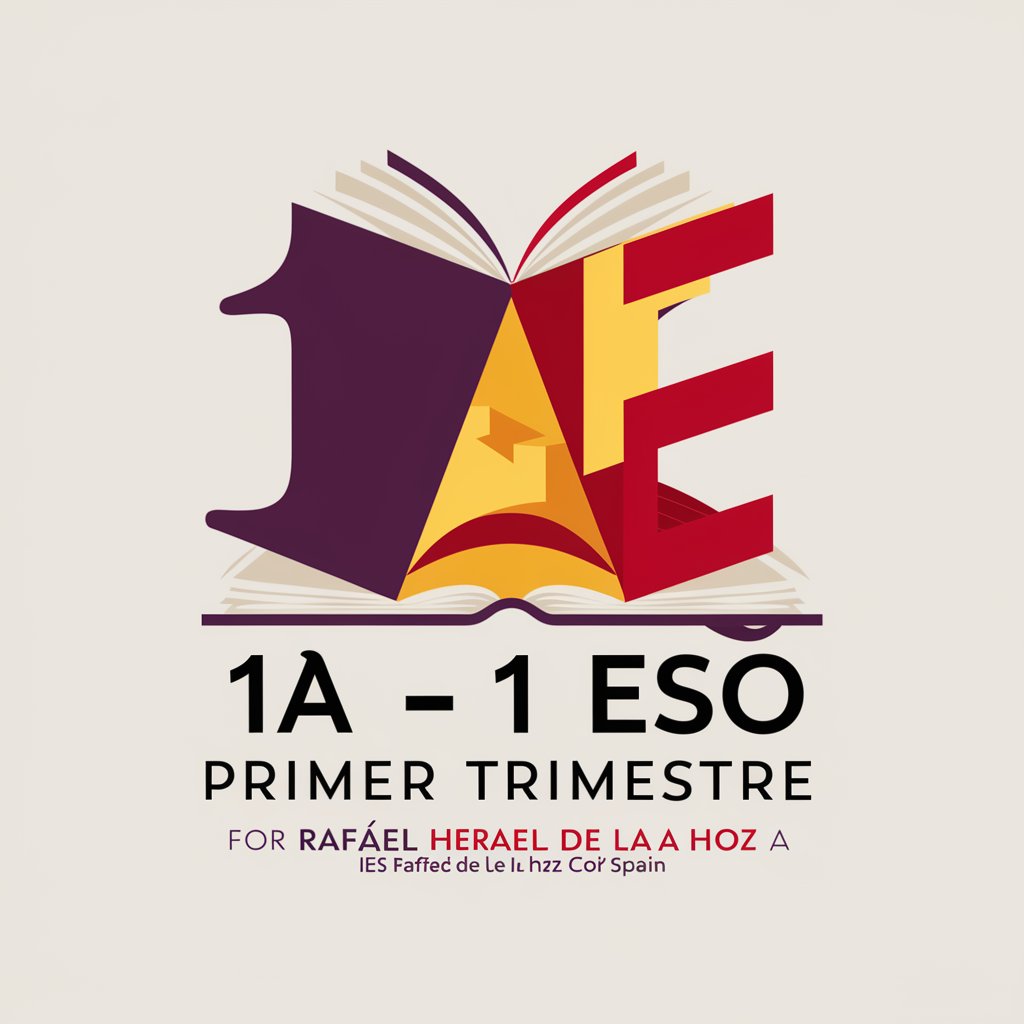
GPT Functionality Primer
Empowering Creativity with AI
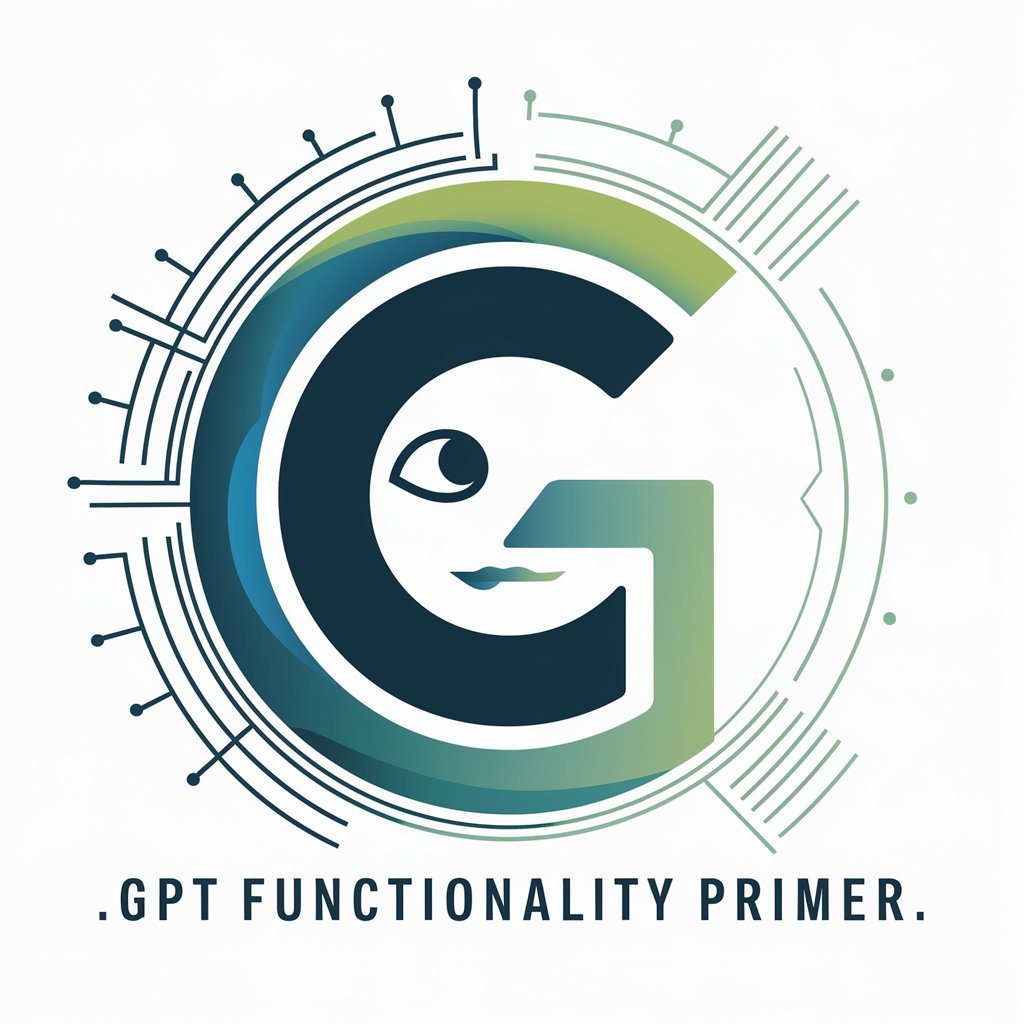
Murder Mystery Mayhem Pro
Solve mysteries with AI-driven intrigue.

Frequently Asked Questions About Phenomenology Primer
What is Phenomenology Primer?
Phenomenology Primer is an AI-powered guide designed to help users explore and understand the philosophical study of phenomenology, focusing on the structures of experience and consciousness.
How can I use this tool to improve my academic research in phenomenology?
You can leverage this tool to clarify complex concepts, analyze texts, and gain insights into phenomenological methods, thereby enriching your research and academic writing.
Can Phenomenology Primer help me with practical applications of phenomenology?
Absolutely, the tool can provide guidance on applying phenomenological principles in various fields such as psychology, education, and design, making theory relevant to practical scenarios.
Is there a way to visualize abstract phenomenological concepts?
Yes, the tool can generate diagrams or visual aids to help you grasp abstract concepts such as intentionality, the lived body, or the structure of consciousness more effectively.
Can this tool assist in analyzing philosophical texts?
Certainly, Phenomenology Primer can help dissect and interpret philosophical texts, highlighting key themes, arguments, and how they contribute to the field of phenomenology.
